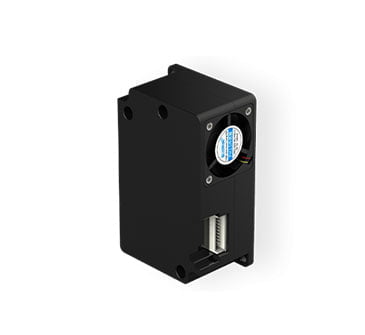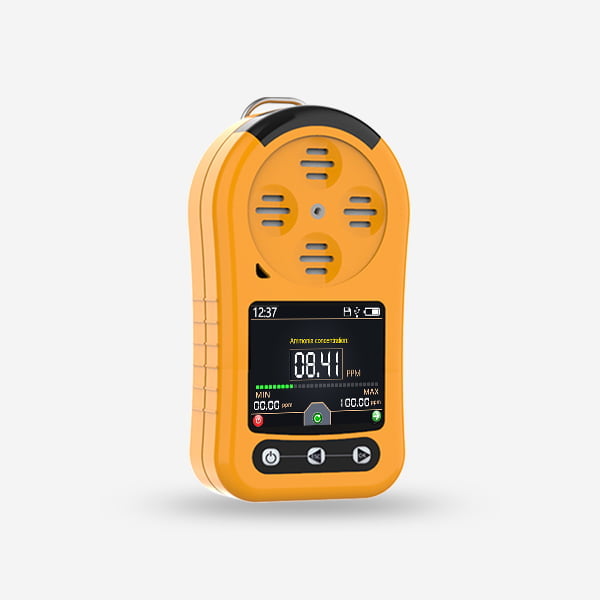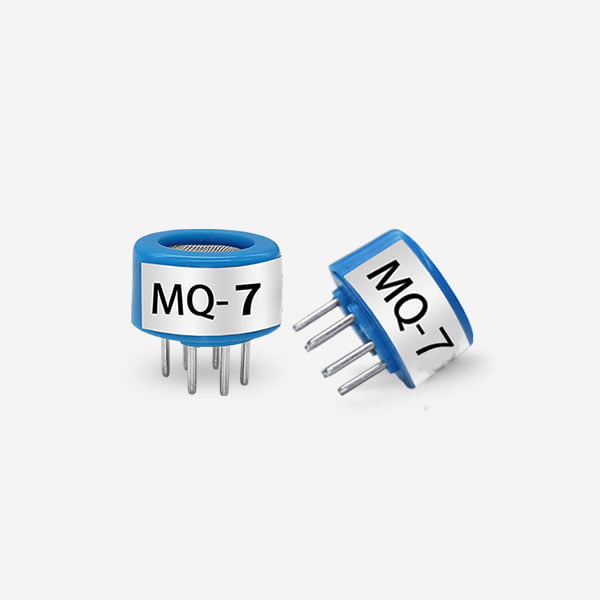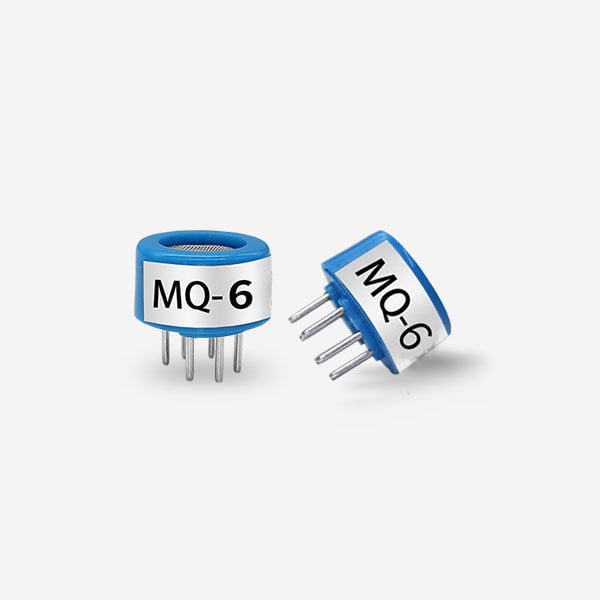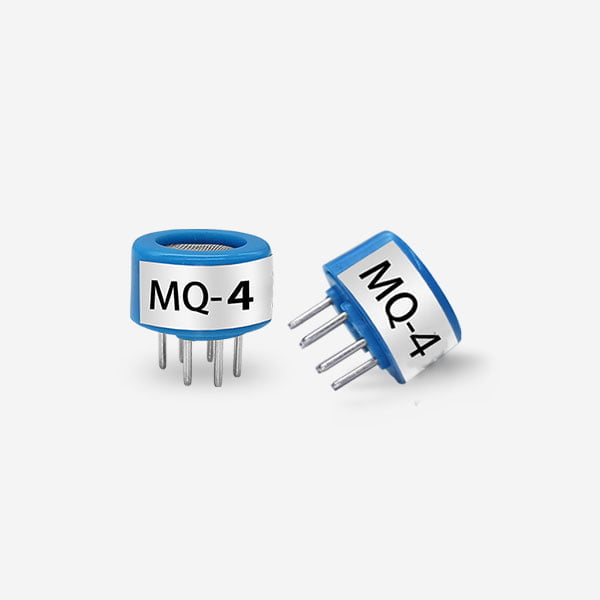Freon leak detector
Freon leak detector play a crucial role in identifying and mitigating these leaks, contributing to environmental protection and regulatory compliance. This paper explores the advancements in Freon leak detector technology, their applications, and their implications for ensuring refrigerant safety and environmental compliance.
Advancements in Freon Leak Detector Technology
Freon gas leak detector have undergone significant technological advancements, enabling more accurate and efficient detection of refrigerant leaks in various applications. Traditional Freon leak detectors relied on heated diode sensors or ultrasonic detection methods, which, while effective, had limitations in terms of sensitivity, selectivity, and portability. However, recent advancements in sensor technologies, such as photoionization detectors (PID), infrared sensors, and semiconductor gas sensors, have enhanced the performance of Freon leak detectors.

PID sensors offer high sensitivity to a wide range of volatile organic compounds, including Freon refrigerants, making them suitable for detecting low-level leaks in air conditioning and refrigeration systems. Infrared sensors are capable of specifically targeting the absorption bands of Freon molecules, providing selective and reliable detection of refrigerant leaks. Semiconductor gas sensors, on the other hand, offer cost-effective and miniaturized solutions for portable Freon leak detector, enabling easy deployment for on-site leak detection and monitoring.
Furthermore, the integration of advanced signal processing algorithms, data logging capabilities, and wireless connectivity in Freon leak detectors has improved their usability and effectiveness. These features enable real-time monitoring, data storage, and remote access to leak information, facilitating proactive maintenance and compliance management in refrigeration and air conditioning systems.
Applications of Freon Leak Detectors in Refrigeration and Air Conditioning
Freon leak detector find extensive applications in the refrigeration and air conditioning industry, where the detection and mitigation of refrigerant leaks are critical for environmental protection and system performance. In commercial and industrial refrigeration systems, Freon leak detectors are used for routine leak inspections, compliance with regulatory requirements, and proactive maintenance to prevent the release of refrigerants into the atmosphere.

For air conditioning systems in residential, commercial, and automotive applications, Freon leak detector are essential for identifying leaks that could compromise system efficiency, increase energy consumption, and contribute to environmental pollution. Early detection of Freon leaks enables timely repairs or replacements of faulty components, reducing the overall environmental impact of refrigerant emissions and ensuring the safety and comfort of building occupants.
Implications of Freon Leak Detectors for Environmental Compliance
The use of Freon leak detector has significant implications for environmental compliance, particularly in the context of regulations aimed at reducing the emissions of ozone-depleting substances and greenhouse gases. The implementation of leak detection programs using advanced Freon leak detectors is essential for complying with regulations such as the Montreal Protocol and its amendments, as well as regional and national regulations governing the use and handling of refrigerants.
By enabling the early detection of Freon leaks, these detectors support the proactive management of refrigerant emissions, helping organizations to meet their legal obligations and environmental responsibilities. Moreover, the data logging and reporting capabilities of modern Freon leak detectors facilitate the documentation of leak inspections, repairs, and leak rates, providing valuable information for regulatory reporting and compliance verification.
Conclusion
In conclusion, the advancements in Freon leak detectors technology have significantly improved the capabilities of detecting and mitigating refrigerant leaks in refrigeration and air conditioning systems. The integration of advanced sensor technologies, signal processing algorithms, and wireless connectivity has enhanced the sensitivity, selectivity, and usability of Freon leak detector, contributing to environmental protection and regulatory compliance. These detectors play a crucial role in identifying and addressing Freon leaks, thereby minimizing the environmental impact of refrigerant emissions and ensuring the safety and efficiency of refrigeration and air conditioning systems.
